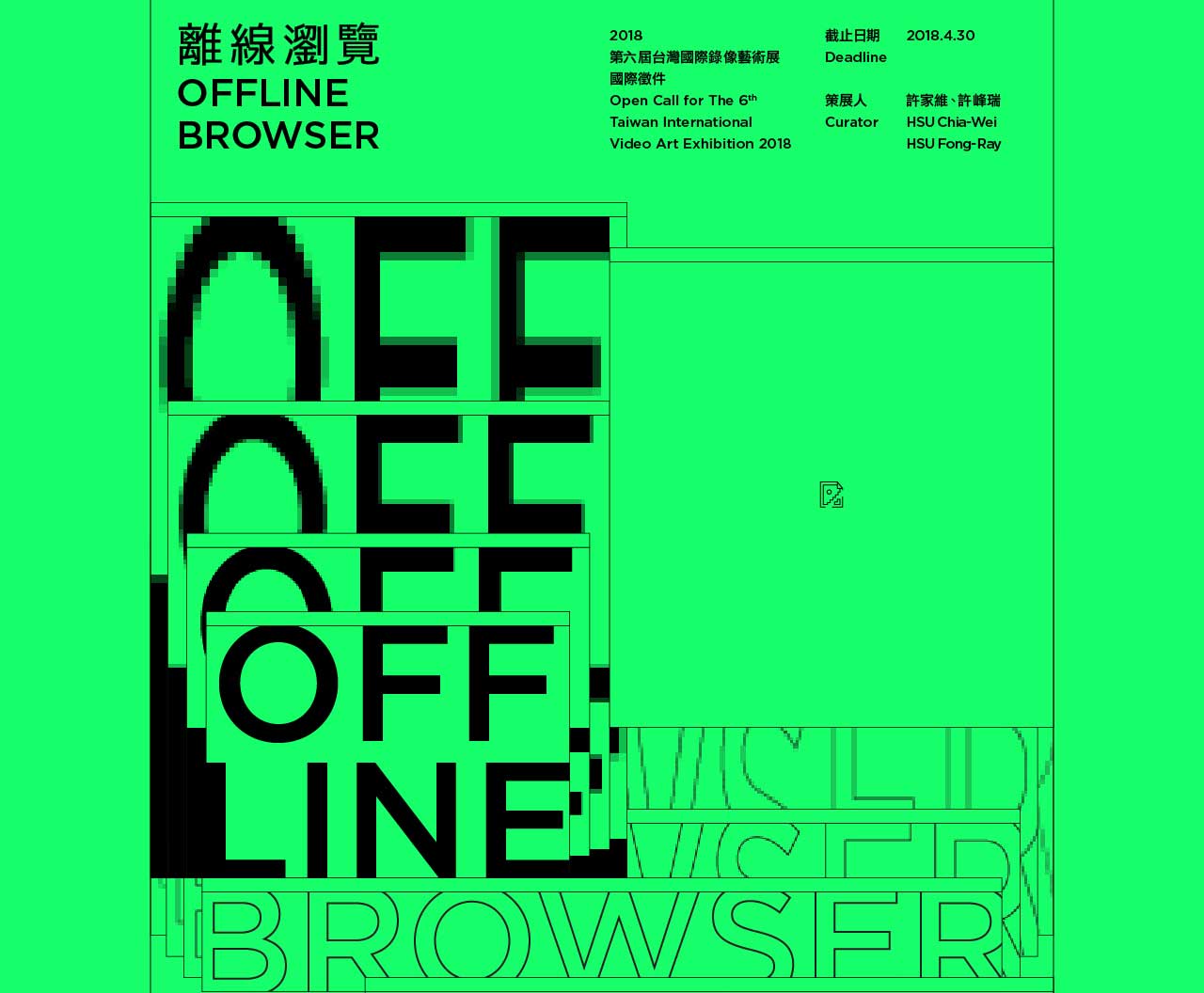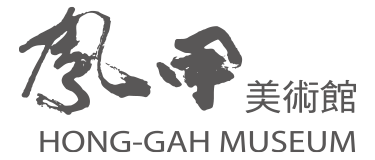BACK
Hashtag; Internet; Terminal; Login; Access; Code; Offline; Post-humanity

The image flow in the contemporary society extends the high level of consumerism in Late Capitalism. The information we retrieve from daily lives has taken the evolution of consumption approaches as well as image code’s excessive reproduction of their own as the purpose. What is manifested in life is no longer the transmission of messages, but a denial of meaning. Amidst such collectivism and unification, the blurring between images and facts shatters individual as countless fragments, popularizing the issues of reality into a cultural landscape. Jean Baudrillard proposed “Simulacra” in three orders of appearances in terms of history: “Counterfeit” from the Renaissance to the Industrial Revolution; “Production” for the Industrial Era; “Simulation” in the Post-Industrial Era. The image production that reveals shall provide the context for “Taiwan International Video Art: Offline Browser” to probe and reach to the dialogue of post-humanity sense of images.
Following the constant evolution of technology, image used to disseminate on the vessels of photography, film, and TV. Thanks to the rise of the Internet, cellphone and tablet, and Virtual Reality, the nature of visual images is experiencing an unknown mutation. What visual operation or form is replaced amidst all that? What element of continuity is at play within that bestows the connecting power upon the images of the day and of the past? Is it a kind of fracture or continuity? How does subjectivity reestablish the relationship between body and reality on the platform of information network, becoming a subjectivized venue that individuals “code“ themselves once again?
In the history observed, vision as well as its scope of influence has always been intimately connected to the subjects being observed. The observed subject is not only a product of history, but a construct of society that constantly renews the definition of “humanity” in different periods of time, reminding that “humanity” is not a transcendental being, but a politically connected concept formed by the gravity of history and society. The appearance revealed in the cultural study is just as Donna Haraway uncovering how “humanism” rationalizes science as objective rationality and power of knowledge universal to all human beings, while transforming its unchallenged power as “God”. Nevertheless, with the big data on the Platform Capitalism as the infrastructure of the global network, the freedom of individuals to access in data is constantly wrestling with the fatherhood of big data. Such tension is the possibility of science and technology conceptualized yet again as the liberation of “humanity” for post-humanity amidst the high frequency of image flow of Simulacra and virtual world. What it signifies is a humanism confluent with contemporary capitalism, the binary techniques through which it employs are shackles to the universal value. The self that arrogates the privileges of recognition and action with anthropocentrism at its core is precisely the virtual image modernity attempts to establish.
“Taiwan International Video Art: Offline Browser” explores the fact that individual takes the platform of Internet as body and becomes a P2P port in the culture of contemporary images via the attributes of Internet browsers. The hybrid subject practice that removes attributes of gender, body, boundary, and humanity on the Internet may reconstruct the cognitive value “humans” and “non-humans” constructing together, beyond the human flesh in between login and offline. It is a hybridized subject in the sight of a decentralized perspective, no longer being the master with superiority and privilege in such experimental arena. The system’s maintenance is born from the relationship between others and individuals, a subject that flows. It is from this perspective we shall reflect upon individuality and perhaps see the limit of “humanity” in the contemporary concept as well as the connecting possibility of oneself interdepending with other individuals, species, and nature, and ultimately contemplate the world as a whole in modesty.
By HSU Fong-Ray

